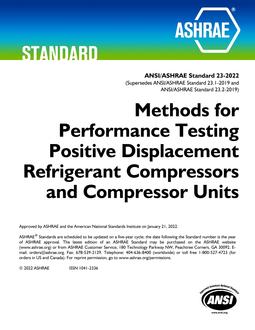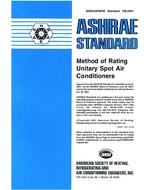The effect of using run-around heat exchanger systems on energy use and the energy life-cycle cost of a typical large office building has been investigated. The run-around heat exchanger system was used for both preheating and precooling the supply ventilation outdoor air. The performance of the building using run-around systems was studied using the DOE-2.1D program. In order to simulate both the building systems and the run-around systems, an existing computer program that can accurately simulate a run-around system was incorporated into DOE-2.1. An investigation was also conducted to determine the maximum outdoor air ventilation rate a run-around heat exchanger system allows without any increase in energy use (or energy cost) for the building. The simulations were conducted for Chicago, Denver, Edmonton, and Fort Worth. The results show that, compared to the energy performance of the building without the run-around systems, the use of run-around heat exchanger systems in the office building can reduce annual electrical energy consumption, natural gas consumption, and total energy costs by up to 3.5%, 40.7%, and 4.8%, respectively. Boiler and chiller sizes can be reduced by up to 32.6% and 8%, respectively. It was also found that, through the use of run-around systems, the ventilation rate into the building can be increased by several hundred percent compared to the minimum rate required by ASHRAE Standard 62-1989, without increasing energy costs.
KEYWORDS: year 1995, run around coils, heat exchangers, offices, energy conservation, service life, costs, economics, preheating, supply air ventilation, performance, computer programs, calculating, air change rate, energy consumption, electricity consumption, natural gas, gas consumption, buildings, optimisation, boilers, chillers, sizing, payback period
Citation: Symposium, ASHRAE Trans. 1995, Vol.101, Part 2
Product Details
- Published:
- 1995
- File Size:
- 1 file , 1.5 MB
- Product Code(s):
- D-17234


